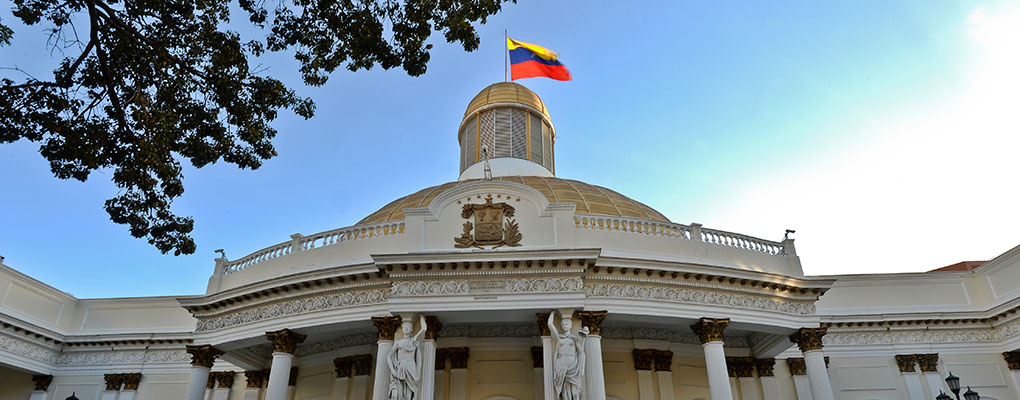
Nearly two years after world oil prices began their steady and prolonged decline, Venezuela may become the first major oil-producing country to fall victim to the price collapse. Venezuelan bonds have been progressively falling in price, while yields on long-term bonds have soared, raising fears of a default.
While fears over Venezuela’s ability to service its debts having been growing for some time, a recent sell-off has raised the yield of benchmark 2026 dollar bonds to over 29 cents. The Financial Times reported that, according to Barclays, a “credit event” is likely, unless oil prices rises – an improbable prospect.
Venezuela currently holds a CCC credit rating from Standard & Poor, and around $120bn of external debt. With 96 percent of the country’s export earnings coming from the sale of oil, it has been hit hard by the decline in price, which now stands at less than $30 a barrel. As a result, Venezuela has been relying on foreign exchange reserves to service its debt, but these are rapidly running out.
According to Forbes, “Figures released Wednesday by the Central Bank of Venezuela show that foreign currency reserves were just around $20 billion in the third quarter, but by the end of November they hit just $14 billion, the lowest ever”. Venezuela will have to pay $10.5bn in external debt over the next year.
The problems surrounding Venezuela’s economy, however, go further than plunging oil prices – although they are no doubt exacerbating the issues. In 2015, Venezuela also saw its economy contract by 10 percent, and the IMF predicts a further negative growth rate of eight percent in 2016. Furthermore, inflation has reached triple digits: between September 2015 and the year-end, the country saw an inflation rate of 141 percent, according to figures from the government. However, the IMF predicts that in 2016 consumer inflation will skyrocket to 720 percent.
Venezuela’s embattled President Maduro has attempted to calm investors, claiming that despite low oil prices, the country will be able to service its debt obligations. “How many countries of the world can sustain oil production at $22 a barrel? Few, or almost none”, the President said at a recent national address, according to the Wall Street Journal. “Venezuela has ethics, morals and commitments, first with the people and the fatherland, but also has the commitments that the republic has honoured and will continue honouring.”
There is also the fear that, in the event of a default, the Venezuelan Government will reverse course and refuse to service certain debt obligations. This could result in the country becoming locked in a messy legal battle with creditors, as has been the case with Argentina and its holdout bondholders.


